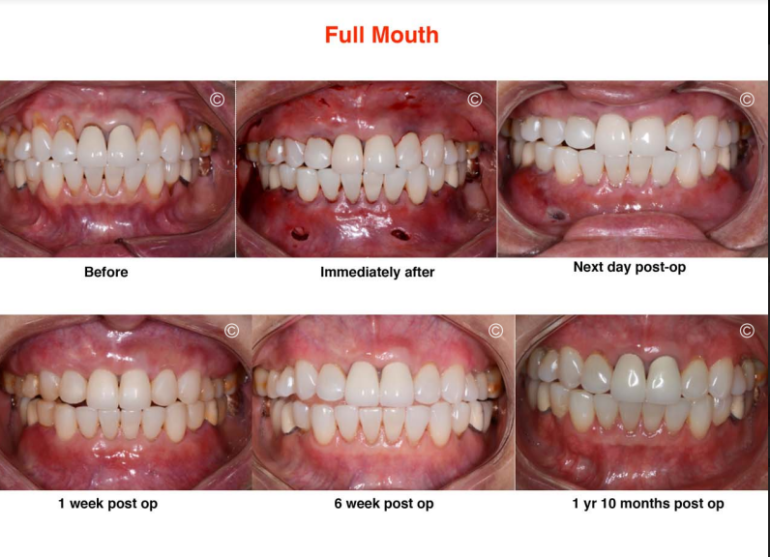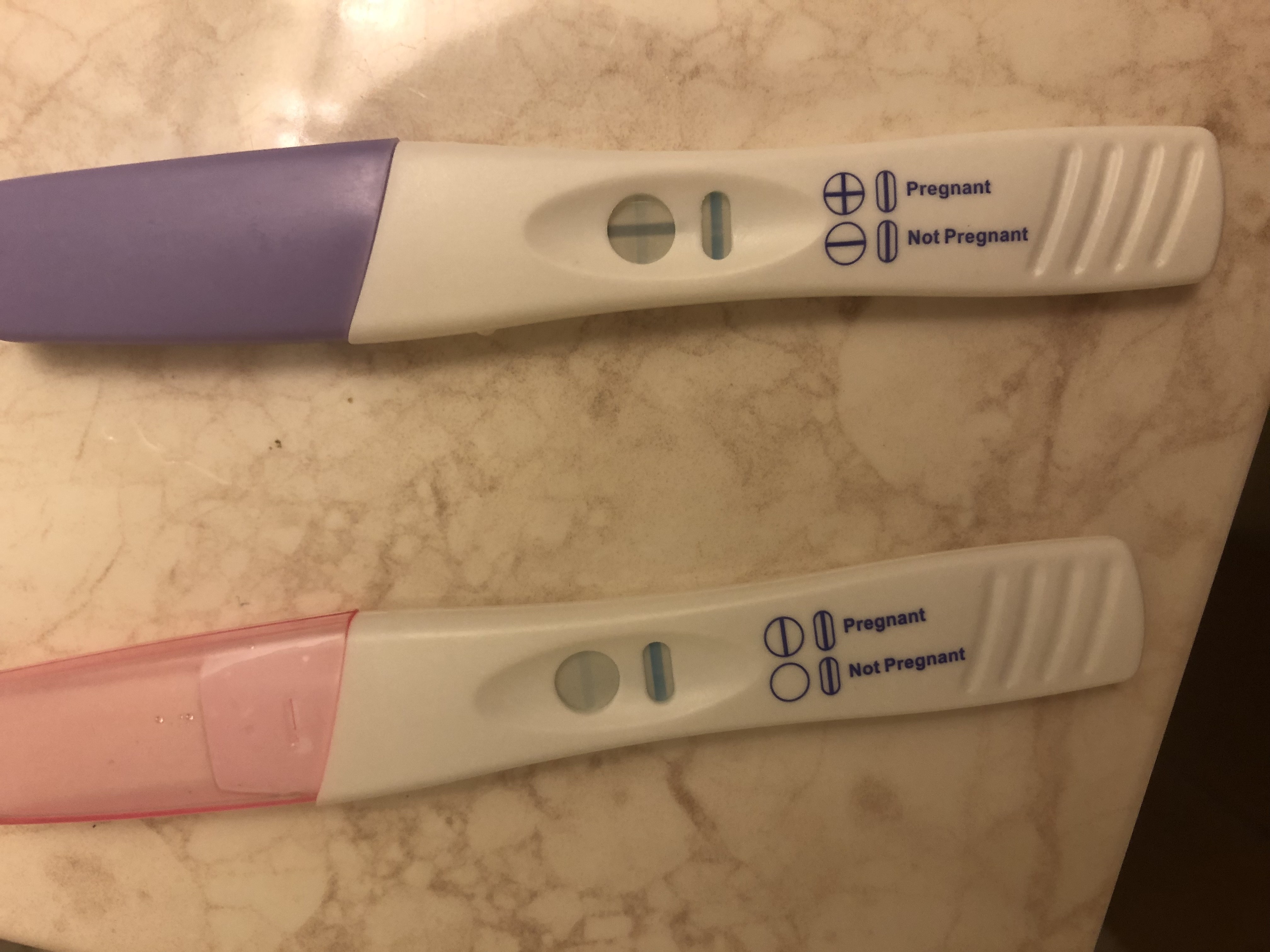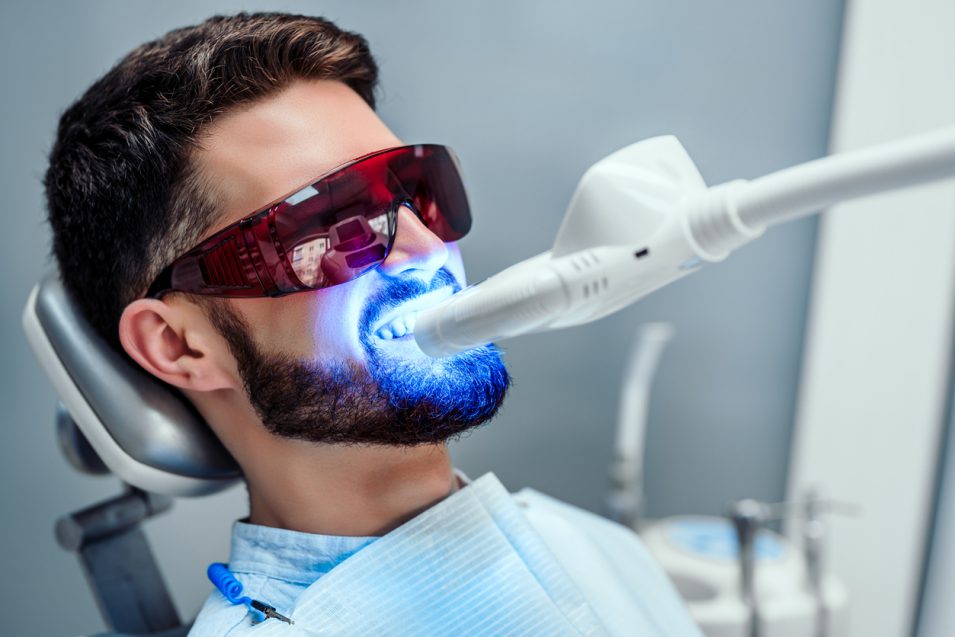What Causes Angular Cheilitis? Fast Uk Treatment

Angular cheilitis, also known as angular stomatitis, is a condition characterized by inflammation of the corners of the mouth. This condition can be painful and uncomfortable, often causing difficulty in eating, speaking, and even smiling. The causes of angular cheilitis are multifaceted and can vary from person to person. Understanding these causes is crucial for effective treatment and prevention.
Nutritional Deficiencies
One of the primary causes of angular cheilitis is nutritional deficiencies, particularly deficiencies in iron, vitamin B12, and folate. These nutrients play a vital role in maintaining healthy skin and mucous membranes. A deficiency can lead to weakened immunity and increased susceptibility to infections, which can manifest as angular cheilitis.
Moisture and Saliva
The corners of the mouth are prone to moisture accumulation due to saliva. While saliva is essential for digestion and mouth health, excessive moisture can create an ideal environment for fungal and bacterial growth. Candida albicans, a type of fungus, is often found in cases of angular cheilitis. This fungus thrives in moist environments and can cause infection.
Orthodontic Appliances and Dentures
Wearing orthodontic appliances or dentures, especially if they do not fit properly, can cause friction and lead to the development of angular cheilitis. The constant rubbing of these devices against the corners of the mouth can create cracks and fissures, allowing bacteria or fungi to infect the area.
Aging and Skin Integrity
As people age, the skin’s elasticity and its ability to repair itself diminish. This natural aging process can lead to deeper folds and lines around the mouth, increasing the risk of moisture accumulation and subsequent infection.
Immune System Compromise
Individuals with compromised immune systems, due to conditions like diabetes, HIV/AIDS, or undergoing chemotherapy, are more susceptible to infections, including those that cause angular cheilitis. A weaker immune system struggles to fight off pathogens, leading to a higher incidence of such conditions.
Fast UK Treatment Options
For individuals in the UK seeking treatment for angular cheilitis, several options are available:
Topical Antifungal Creams: For cases caused by fungal infections, antifungal creams can be prescribed. These creams are applied directly to the affected area to combat the infection.
Antibiotic Ointments: If the cause is bacterial, antibiotic ointments may be recommended to clear the infection.
Vitamin Supplements: Addressing underlying nutritional deficiencies with supplements, especially iron, vitamin B12, and folate, can help in healing and preventing future occurrences.
Dental Adjustments: For individuals wearing dentures or orthodontic appliances, a dentist can make necessary adjustments to improve the fit and reduce friction.
Lifestyle Changes: Practicing good oral hygiene, avoiding excessive saliva accumulation by staying hydrated and avoiding spicy or acidic foods, and using a humidifier to prevent dry mouth can help manage and prevent angular cheilitis.
Over-The-Counter (OTC) Treatments: Certain OTC creams and ointments designed for skin irritation and fungal infections can provide relief for mild cases of angular cheilitis.
Prevention
Preventing angular cheilitis involves a combination of good oral hygiene practices, a balanced diet rich in essential nutrients, and regular dental check-ups to ensure that any orthodontic appliances or dentures fit correctly. Maintaining a healthy immune system through a balanced lifestyle, including a nutritious diet, regular exercise, and adequate sleep, also plays a crucial role in preventing such conditions.
Conclusion
Angular cheilitis, while uncomfortable and sometimes painful, can be effectively managed and prevented through understanding its causes and implementing targeted treatments and lifestyle adjustments. For those in the UK, accessing fast and effective treatment is feasible through both medical and self-care approaches, emphasizing the importance of a holistic strategy to address this condition.
What are the common symptoms of angular cheilitis?
+Common symptoms include redness, swelling, and cracking at the corners of the mouth, along with pain or discomfort, especially when eating or speaking.
How long does it take to recover from angular cheilitis?
+Recovery time can vary depending on the cause and treatment. With proper treatment, most cases of angular cheilitis can resolve within a few weeks. However, in some cases, especially if left untreated or if the underlying cause is not addressed, it can take longer to heal.
Can angular cheilitis be a sign of an underlying condition?
+Yes, angular cheilitis can sometimes be a sign of an underlying nutritional deficiency, immune system issue, or other health condition. It’s essential to consult with a healthcare professional to rule out any underlying causes that need medical attention.


